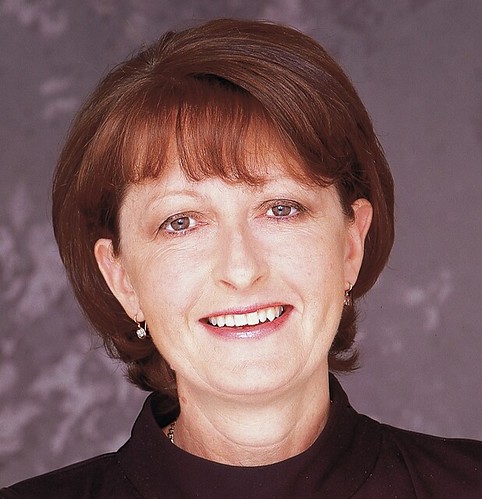What's your favourite medical myth?
“It was really hot in the office, Doctor, but it was freezing outside. I had to keep going in and out and now I’ve got the flu”.
As a general practitioner, this variable ambient temperature-induced respiratory virus hypothesis is probably the most common myth I hear from my patients.
A medical blog features other prevalent myths presented at the Pediatric Academic Societies’ Annual Meeting in Toronto this year.
While physicians routinely endorse the constant acquisition of new knowledge, the authors said, continuing education focuses on a quest to stay up-to-date with the latest medical breakthroughs.
“While striving to stay current, physicians seldom pause to examine the beliefs that they already hold as true”, they argued, outlining “Ten medical myths even doctors believe”.
1. People should drink at least eight glasses of water a day.
2. We only use ten percent of our brains.
3. Hair and fingernails continue to grow after death.
4. Reading in dim light ruins your eyesight.
5. Shaving hair causes it to grow back faster, darker, and coarser.
6. Eating turkey makes people especially drowsy.
7. Wireless devices create significant electromagnetic interference in hospitals.
8. Some physicians are black clouds.
9. Rectal temperature can be accurately estimated by adding 1degreeC to the axillary temperature.
10. Halloween candy tampering presents a significant health risk to children.
The authors concluded all of these beliefs ranged from unproven to untrue on the basis of expert consensus, extensive literature reviews or clinical trials.
I’d heard them all, with the exception of number six which just sounds plain crazy, and number eight which I don’t claim to understand.
And I’m particularly glad if the researchers are correct about number one because despite my best intentions my water intake is definitely suboptimal.
The blogger who brought the list to my attention, a US neonatologist, had a myth he’d like tested - whether or not eating sugar causes children to become 'hyper'.
What's your favourite medical myth?
As a general practitioner, this variable ambient temperature-induced respiratory virus hypothesis is probably the most common myth I hear from my patients.
A medical blog features other prevalent myths presented at the Pediatric Academic Societies’ Annual Meeting in Toronto this year.
While physicians routinely endorse the constant acquisition of new knowledge, the authors said, continuing education focuses on a quest to stay up-to-date with the latest medical breakthroughs.
“While striving to stay current, physicians seldom pause to examine the beliefs that they already hold as true”, they argued, outlining “Ten medical myths even doctors believe”.
1. People should drink at least eight glasses of water a day.
2. We only use ten percent of our brains.
3. Hair and fingernails continue to grow after death.
4. Reading in dim light ruins your eyesight.
5. Shaving hair causes it to grow back faster, darker, and coarser.
6. Eating turkey makes people especially drowsy.
7. Wireless devices create significant electromagnetic interference in hospitals.
8. Some physicians are black clouds.
9. Rectal temperature can be accurately estimated by adding 1degreeC to the axillary temperature.
10. Halloween candy tampering presents a significant health risk to children.
The authors concluded all of these beliefs ranged from unproven to untrue on the basis of expert consensus, extensive literature reviews or clinical trials.
I’d heard them all, with the exception of number six which just sounds plain crazy, and number eight which I don’t claim to understand.
And I’m particularly glad if the researchers are correct about number one because despite my best intentions my water intake is definitely suboptimal.
The blogger who brought the list to my attention, a US neonatologist, had a myth he’d like tested - whether or not eating sugar causes children to become 'hyper'.
What's your favourite medical myth?
Labels: medical myths

